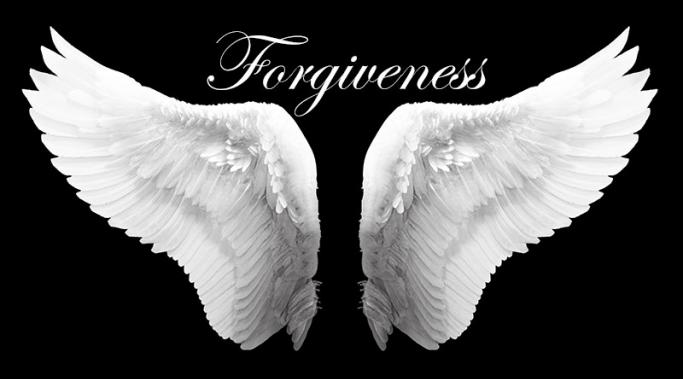Loss is an immense landscape for those living with psychological trauma and its consequent posttraumatic stress. Not always clear and obvious to us, because we can be good at avoiding painful facts, the pain of the stress itself further distracts us from what we will, in healing if not before, come to know: something was taken from us, and it won't be regained easily, if at all.
About PTSD
It's a common worry: If I heal PTSD symptoms, and then experience another trauma, will PTSD return?
I've been thinking about that question a lot lately. I hear it often from the survivors I coach, and also from the enormous PTSD community in which I participate.
And now, I'm thinking about it for an even more personal reason: Two weeks ago I almost died in a trauma eerily reminiscent of my original, PTSD-creating experience.
Anxiety, whether or not it develops into PTSD or another anxiety disorder, pulls us off course, again and again. It sets us up to crash through life from one crisis to another and makes us less productive - all of which increases our stress level. In spite of this, you can fairly quickly organize your anxious mind and have less crisis and more "plan" in your daily life. I'll show you how.
Last week, I wrote about what happens when we don’t forgive, and why it might be a good action to take in PTSD recovery. If you’ve come to the conclusion that you might be ready to forgive, the first roadblock to this might be not knowing how or what to do. This week, I’m following up with a very easy process that sets you on the path to forgiveness in a way that maintains your power, safety and control.
PTSD and suicide thoughts (plus how to shift them) is a topic of frequent discussion in any community of survivors struggling with symptoms of posttraumatic stress disorder. Really, how could it not be? We're asked to live inside a mind that feels crazy and a body that behaves in ways out of our control. At some point, it's reasonable for anyone to just want to be set free.
Of course, suicide is always the wrong answer. Every day, we learn more about PTSD recovery and how to heal, which means that there is always hope for feeling better. In fact, with the many approaches now available for healing work recovery is more like a Choose Your Own Adventure than ever before. It took me 10 modalities to reach the end of PTSD symptoms.
If I had given up and given in to the dark PTSD suicide thoughts a whole life would have been lost that really has been more than worth living.
When it comes to what it takes to heal PTSD, forgiveness is a topic that requires a lot of thought. On the surface, it’s easy to believe that when we forgive we condone (of course, that’s not the case!). Even if, intellectually, we know that forgiving does not excuse, it can feel that way and so we shy away from the forgiveness process.
PTSD research can be seriously misunderstood, or even incomprehensible (yes! it's true!). Yet there are some simple tactics one can use to avoid this: know what "controlled research" is trying to do; be aware of the necessarily distorted view such research tends to offer us; know the single most important statistic you need in such research to make sense of things; know the kind of research we really need (so you can recognize it when you see it); know the limitations of each of the two sorts of language research uses; and, finally, appreciate the difference between belief and knowledge.
Finding the right help in overcoming PTSD can be challenging. From a financial aspect it can consume your savings. I actually had to turn to family to help me shoulder the cost of years of treatment.
But what if you don’t have the financial resources for a full-on approach? Or, what if you do and still find it tough to get through the days between sessions?
No matter who you are, healing PTSD can be difficult. While we can pump ourselves up (and get friends and family to give us pep talks) sometimes in those moments you're all alone you just need a go-to list of places to give yourself an infusion of calm, hope, inspiration, motivation and even, a little bit of love.
In everything I've written about here over the past year, I've never done a post that gives you a list of resources, so this will be the first one!
My client, Selena, was raped at knifepoint in Los Angeles at the age of the twenty-three.
“I stayed quiet,” she recalls. “I did what he said. I didn’t struggle; I didn’t scream. I think it’s because I did those things that I’m still alive.”
While, rationally, Selena can imagine that giving up her response kept her safe, she’s plagued now by a persistent doubt in her ability to keep herself safe.
“Faced with any kind of threat in the future,” she tearfully explains, “I can’t trust myself to protect me.”









